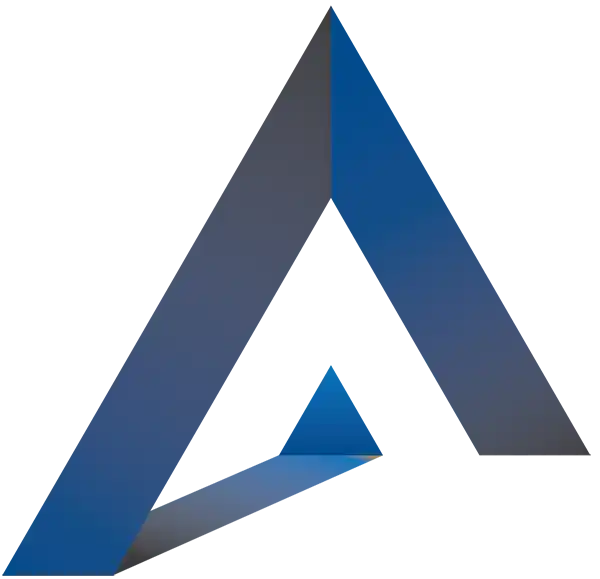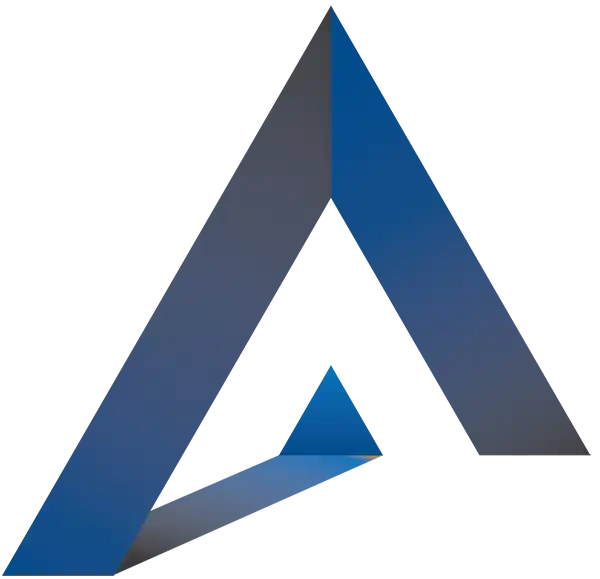Mortgage Blog
Getting you the mortgage you deserve
Home Equity Loans vs. Refinancing: What You Need to Know
November 21, 2024 | Posted by: Dominion Lending Centres National Advantage Mortgages
When managing your home’s equity, you may have heard of home equity loans vs. refinancing as potential ways to tap into your property’s value. But how do you know which option is right for you?
At DLC Advantage Mortgage, we understand that deciding between these two financial tools can be overwhelming. Depending on your situation, each choice has unique advantages.
So, let’s break down what you need to know about home equity loans vs. refinancing to help you decide on the best path forward.
What Are Home Equity Loans vs. Refinancing?
Before diving into the differences, let's start with the basics of each option.
- Home Equity Loan: This type of loan allows homeowners to borrow against the equity in their home. It’s often called a second mortgage because it works alongside your original mortgage. A home equity loan typically offers a fixed interest rate and a lump sum of money, which you pay back over a set period.
- Refinancing means replacing your existing mortgage with a new one, usually at a different interest rate or term. This option can help you reduce your monthly payments, access cash, or even change your loan structure from variable to fixed. You can refinance for a lower rate or cash out some equity as part of the deal.
Critical Differences Between Home Equity Loans vs. Refinancing
Both home equity loans vs. refinancing offer unique ways to leverage your home’s value, but they operate differently. Let’s explore how they compare:
1. Loan Structure and Terms
- Home Equity Loan: With a home equity loan, you’re borrowing a specific amount based on the equity you’ve built in your home. This type of loan often comes with a fixed interest rate, meaning your monthly payments remain predictable for the life of the loan. The loan term typically ranges from 5 to 30 years.
- Refinancing: When you refinance, you’re replacing your existing mortgage with a new one, which may or may not offer better terms. Refinancing can change the length of your mortgage and your interest rate. If you go for a cash-out refinance, you’re essentially borrowing more than you owe on your current mortgage and receiving the difference in cash.
2. Interest Rates
- Home Equity Loan: Home equity loans typically have higher interest rates than primary mortgages. These rates vary based on your credit score, loan term, and other factors. However, the key advantage is that they often come with fixed rates, making it easier to plan your payments over time.
- Refinancing: One of the main reasons people refinance is to take advantage of lower interest rates. If mortgage rates have dropped since you took out your original loan, refinancing could allow you to lock in a lower rate, saving you money over the life of the loan. With a cash-out refinance, you may use the funds to consolidate debt or cover expenses while taking advantage of better loan terms.
3. Loan Purpose
- Home Equity Loan: This loan is generally used for specific expenses like renovations, college tuition, or large purchases. It’s a great option if you need a lump sum for a particular purpose.
- Refinancing: Refinancing is a wise choice if you want to change your mortgage terms or lower your interest rate. It can also be used for cash-out refinancing, where you take out additional cash from your home equity to pay off high-interest debts or fund significant expenses.
4. Closing Costs
- Home Equity Loan: The closing costs for a home equity loan are typically lower than those associated with refinancing. However, depending on the lender and the loan size, you may still encounter fees, such as appraisal or administrative costs.
- Refinancing: Since refinancing involves replacing your primary mortgage, the closing costs tend to be higher. You may need to pay for an appraisal, title search, and other fees to secure a new mortgage. These costs can add up, so it’s important to factor them into your decision.
Which Option Is Right for You?
The decision between home equity loans vs. refinancing ultimately depends on your financial goals. A home equity loan might be the best choice if you want to borrow a specific amount of money for a particular purpose, such as home improvements or paying off high-interest debt.
On the other hand, refinancing could be a more practical solution if you're looking to reduce your mortgage payment or secure a lower interest rate.
At DLC Advantage Mortgage, we can help you evaluate your options and find the best solution to your needs. Whether you choose a home equity loan or decide to refinance, we’ll guide you every step to ensure you make the right decision for your financial future.
FAQs
1. What is the main difference between a home equity loan and refinancing?The main difference is that a home equity loan is a second loan against your home’s equity. At the same time, refinancing involves replacing your current mortgage with a new one, which could include taking out additional cash.
2. Which option is better for consolidating debt?
A cash-out refinance may be the better option if you’re looking to consolidate debt, as it allows you to roll multiple debts into one lower-interest mortgage. However, depending on your situation, a home equity loan could also be a viable choice.
3. Can I use a home equity loan for any purpose?
Home equity loans are flexible and can be used for various purposes, including home improvements, education, or consolidating debt.
4. Do I need a good credit score for refinancing or a home equity loan?
Both options typically require a good credit score to secure the best interest rates. A higher credit score will increase your chances of being approved and receiving favorable terms.
5. Are there penalties for paying off a home equity loan early?
Some home equity loans may have prepayment penalties, so it’s essential to check the terms of your loan before paying it off early.
Conclusion
Ultimately, deciding between home equity loans vs. refinancing depends on your financial goals and situation. Both options have their unique benefits and drawbacks, so it’s essential to understand how each works and what’s best for you.
DLC Advantage Mortgage offers expert advice and personalized solutions to help you maximize your home’s equity, whether you choose a home equity loan or refinancing.

